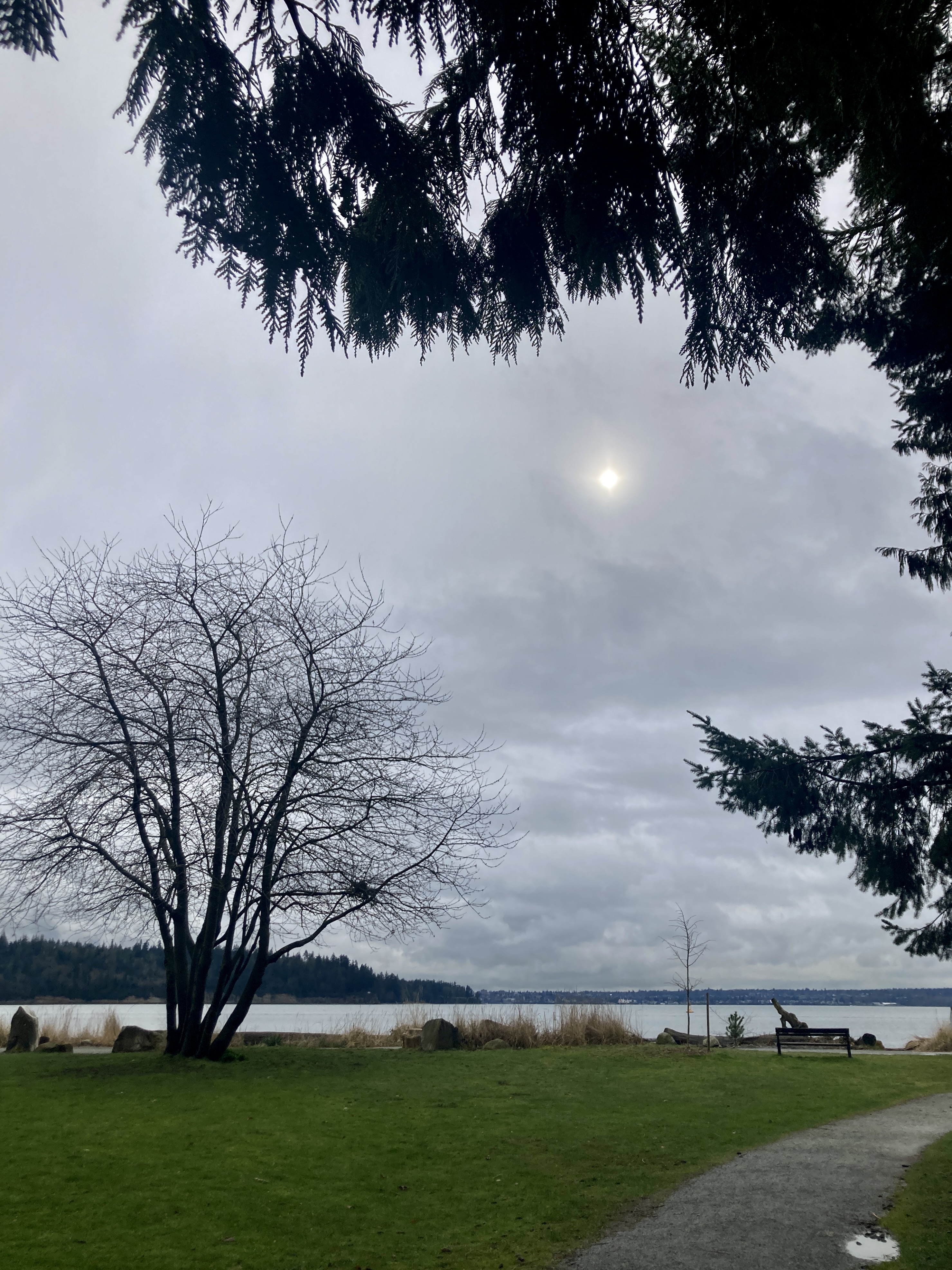That's all right, because we don't write for honour or money ($50,000, in this case) or prizes, we write for the bliss of it. Right, writers?
I love watching people who spend their lives rummaging around in their own heads and then, on Prize night, who have to get dressed up and mingle. Hari Kunzu, a writer I heard at the Writer's Festival last week, said, "Writers were left alone until about 15 years ago. Now they have to have a public persona and go on book tours. But writers are the opposite of performers - they're people who have a high tolerance for being alone for long periods, who shout Go away! when visitors show up. Now you have to perform, be a version of yourself on stage."
Of course, for some of us who are both writers and performers, this is not a problem. In fact, the problem is the being alone for long periods, when you're used to the fraught closeness and instant feedback of the theatre.
As I watched the Gillers I flipped around, as usual, for something else to watch during the commercials. A new British version of "The Diary of Anne Frank" was on TVO; I missed the beginning but saw bits and pieces and the last half hour. What I saw was stunning, conveying so well the claustrophobia, rage and terror of eight people shut up in a tiny space for two years. But what it showed most clearly was the power of Anne's personality and drive - the selfishness and self-centeredness necessary for an artist to emerge. Anne was not perky and sweet. She hurt her parents, her sister, the vulnerable Peter, in her struggle to become an independent creator, to find her writer's voice.
The ending in this version was heart-breakingly anti-climactic - not Nazi storm troopers bashing down the door, but two normal-looking men, efficient civil service Nazis in raincoats. "Here's another one, a young one," said a raincoat, as if Anne trembling in her bedroom were a cockroach.
"To be a writer," said Hari Kunzu at the Festival, "you have to have an insane sense of self. A strong belief in your own interestingness." All those writers last night did. Anne did, and changed the world.












No comments:
Post a Comment